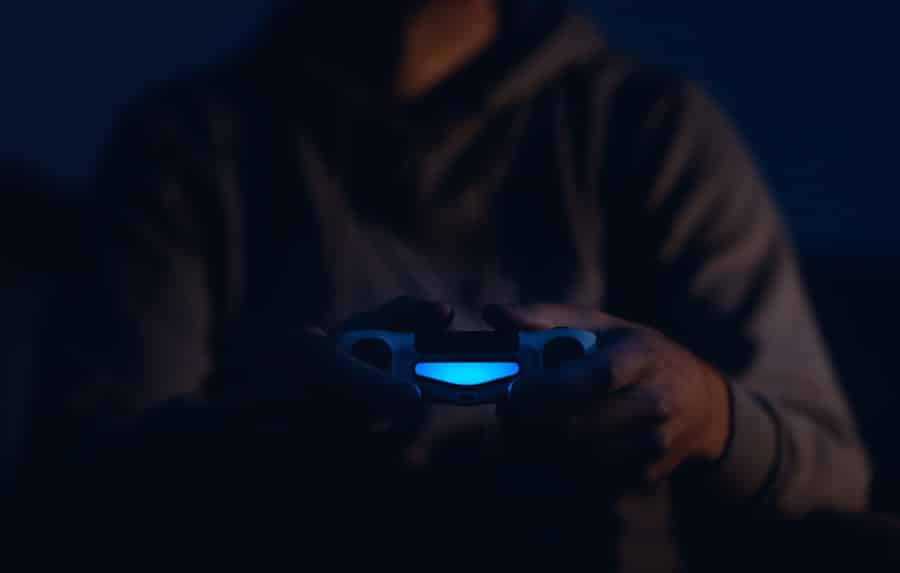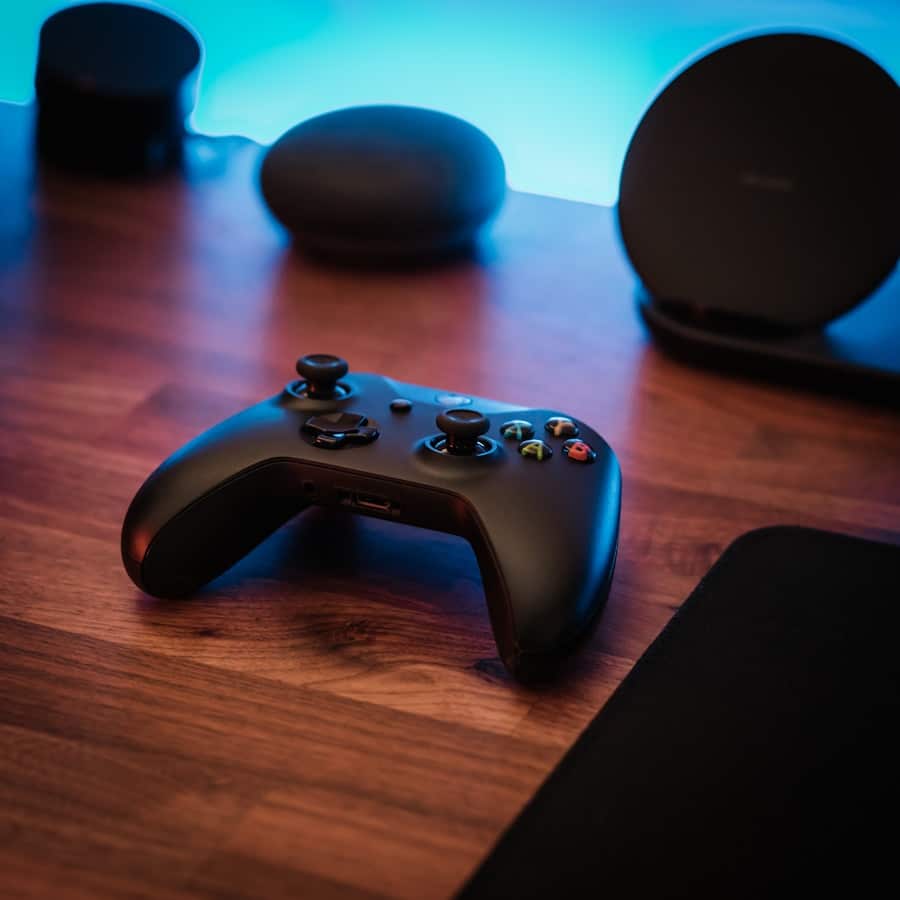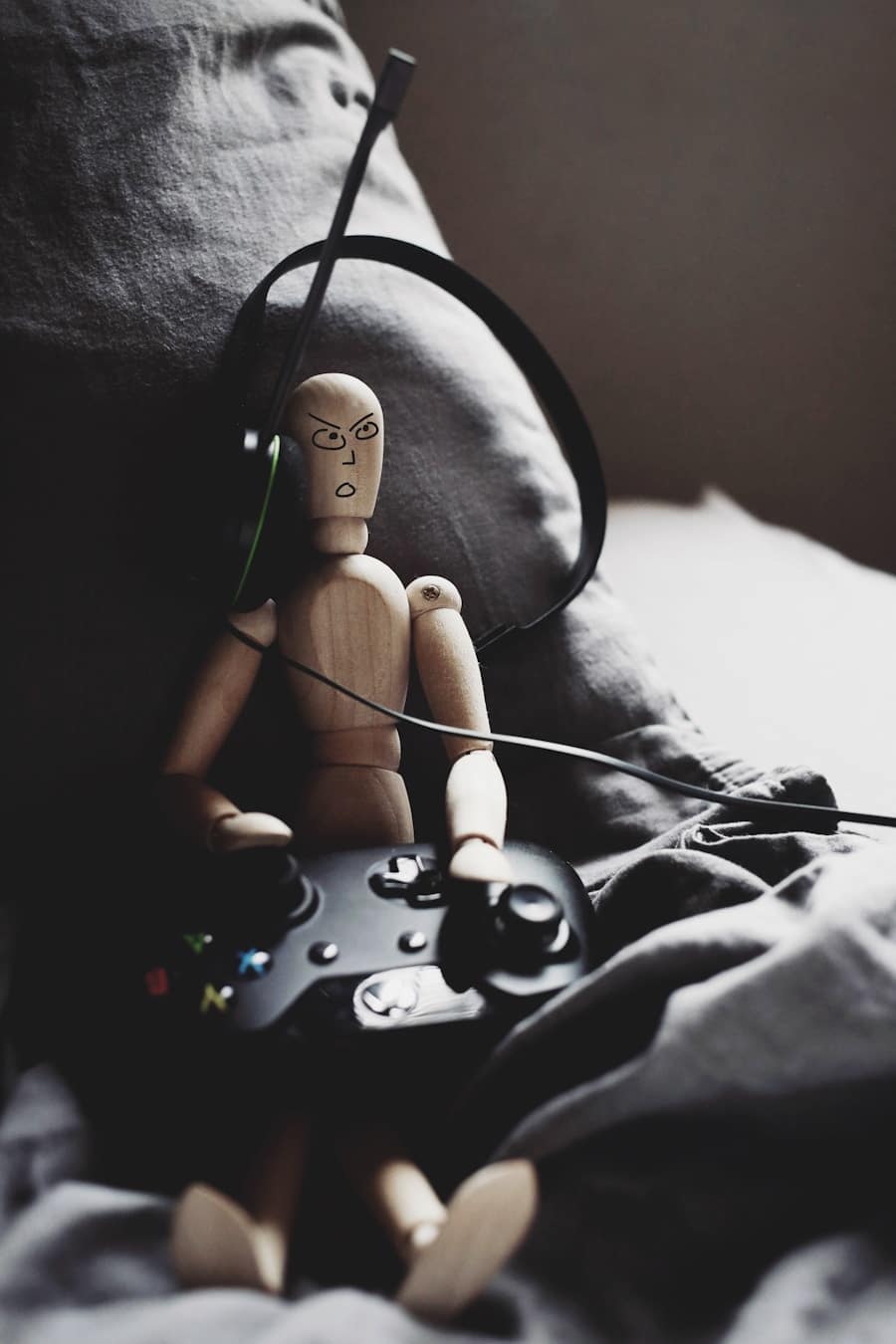The landscape of gaming has undergone a remarkable transformation over the past few decades, evolving from simple pixelated graphics and rudimentary gameplay to immersive experiences that captivate millions worldwide. At the forefront of this evolution is the integration of artificial intelligence (AI), particularly in the form of AI-powered personal assistants. These digital companions are designed to enhance the gaming experience by providing players with tailored support, real-time information, and interactive engagement.
As gaming consoles become increasingly sophisticated, the role of AI-powered personal assistants is becoming more pronounced, offering a glimpse into a future where gaming is not just a solitary activity but a dynamic interaction between players and technology. AI-powered personal assistants in gaming consoles serve as a bridge between the player and the vast digital universe of games. They leverage machine learning algorithms and natural language processing to understand player preferences, habits, and behaviors.
This understanding allows them to offer personalized recommendations, assist with in-game tasks, and even facilitate social interactions among players. As gaming continues to grow as a cultural phenomenon, the integration of these intelligent assistants is reshaping how players engage with their favorite titles, making the experience more intuitive and enjoyable.
Key Takeaways
- AI-powered personal assistants in gaming consoles provide a new level of interactivity and immersion for players.
- These assistants can help with in-game tasks, provide tips and strategies, and even interact with players in a more natural and conversational way.
- Features and capabilities of AI-powered personal assistants include voice recognition, natural language processing, and integration with game mechanics.
- Integration of AI-powered personal assistants with gaming consoles allows for seamless interaction and enhances the overall gaming experience.
- Benefits of using AI-powered personal assistants in gaming include improved accessibility, personalized experiences, and enhanced gameplay.
The Role of AI-Powered Personal Assistants in Gaming
Enhancing Gameplay with Data Analysis
These assistants can analyze player data to provide valuable insights that enhance gameplay. They can track a player’s progress, suggest strategies based on past performance, and even alert players to upcoming events or challenges within a game.
Fostering Community and Streamlining the Gaming Process
This level of engagement not only enriches the gaming experience but also fosters a sense of community among players who can share tips and strategies facilitated by their AI companions. Moreover, AI-powered personal assistants can help streamline the gaming process by managing various tasks that would otherwise require manual input, such as launching games, adjusting settings, or managing downloads and updates.
Immersive Gaming Experience
By automating routine functions, these assistants enable players to focus on what truly matters: enjoying the game itself. By reducing friction in the gaming experience, AI-powered personal assistants allow players to immerse themselves fully in their virtual worlds without being bogged down by technicalities.
Features and Capabilities of AI-Powered Personal Assistants in Gaming Consoles

The features and capabilities of AI-powered personal assistants in gaming consoles are diverse and continually evolving. One of the most notable features is voice recognition, which allows players to interact with their consoles using natural language commands. This capability not only makes it easier for players to navigate menus and settings but also enhances accessibility for those who may have difficulty using traditional controllers.
Voice commands can range from simple requests like “launch my favorite game” to more complex queries such as “find me multiplayer matches in this genre.” In addition to voice recognition, these assistants often incorporate advanced machine learning algorithms that enable them to learn from player behavior over time. For instance, if a player frequently engages with certain types of games or genres, the assistant can proactively suggest new titles that align with those preferences. Furthermore, some AI assistants are equipped with real-time analytics capabilities that allow them to monitor gameplay performance and provide feedback or tips during critical moments.
This feature can be particularly beneficial in competitive gaming scenarios where split-second decisions can determine victory or defeat.
Integration of AI-Powered Personal Assistants with Gaming Consoles
The integration of AI-powered personal assistants with gaming consoles is a complex process that involves both hardware and software components. Major gaming platforms such as PlayStation, Xbox, and Nintendo have begun incorporating these intelligent systems into their ecosystems, often through dedicated applications or built-in features. For example, Microsoft’s Xbox platform has integrated its digital assistant, Cortana, into its console interface, allowing players to use voice commands for various functions such as launching games or checking friends’ online status.
This integration is not limited to console interfaces; it also extends to cloud gaming services and mobile applications. As cloud gaming gains traction, AI-powered personal assistants can provide seamless transitions between devices, allowing players to continue their gaming experiences across platforms without losing progress. This cross-platform functionality is essential in today’s gaming environment, where players often switch between consoles, PCs, and mobile devices.
The ability of AI assistants to maintain context and continuity across these platforms enhances user experience significantly.
Benefits of Using AI-Powered Personal Assistants in Gaming
The benefits of utilizing AI-powered personal assistants in gaming are manifold. One of the most significant advantages is the enhancement of user experience through personalization. By analyzing player data and preferences, these assistants can curate content that resonates with individual users.
Another key benefit is the increased accessibility that AI-powered personal assistants provide. For gamers with disabilities or those who may struggle with traditional input methods, voice commands and other assistive features can make gaming more inclusive.
This inclusivity fosters a broader community of gamers who can enjoy the same experiences regardless of their physical capabilities. Additionally, by automating routine tasks and providing real-time assistance during gameplay, these assistants allow players to focus on strategy and enjoyment rather than technical hurdles.
Potential Drawbacks and Limitations of AI-Powered Personal Assistants in Gaming Consoles

Privacy and Data Security Concerns
AI-powered personal assistants in gaming consoles require access to extensive player data to function effectively, raising concerns about how this information is stored and used. This has led to concerns about privacy and data security, as players may be hesitant to share personal data with AI systems due to fears of misuse or unauthorized access.
The Risk of Over-Reliance
Moreover, there is the potential for over-reliance on these digital companions. As players become accustomed to receiving assistance from AI-powered systems, there may be a decline in critical thinking and problem-solving skills during gameplay. This dependency could lead to a less fulfilling gaming experience as players might rely on their assistants for strategies rather than developing their own skills through practice and exploration.
A Threat to the Gaming Experience
Ultimately, the over-reliance on AI-powered personal assistants could undermine the very essence of gaming. The thrill of discovery, the satisfaction of overcoming challenges, and the sense of accomplishment that comes with developing one’s own skills are all at risk of being lost if players rely too heavily on their digital companions.
Future Developments and Trends in AI-Powered Personal Assistants for Gaming
Looking ahead, the future developments in AI-powered personal assistants for gaming are poised to be transformative. One emerging trend is the incorporation of augmented reality (AR) and virtual reality (VR) technologies into these systems. As AR and VR continue to gain traction within the gaming industry, AI assistants could evolve into fully immersive companions that interact with players in real-time within virtual environments.
This could lead to more engaging narratives where players receive guidance from their AI companions as they navigate complex storylines or challenging gameplay scenarios. Additionally, advancements in natural language processing will likely enhance the conversational abilities of these assistants. Future iterations may allow for more nuanced interactions where players can engage in meaningful dialogues with their AI companions about game lore, strategies, or even casual banter during gameplay sessions.
Such developments could create a more lifelike interaction between players and their digital counterparts, further blurring the lines between reality and virtual experiences.
The Impact of AI-Powered Personal Assistants on the Gaming Experience
The impact of AI-powered personal assistants on the gaming experience is profound and multifaceted. By enhancing personalization, accessibility, and overall engagement, these digital companions are reshaping how players interact with their consoles and games. As technology continues to advance, the potential for these systems to evolve into even more sophisticated entities is immense.
The future promises a landscape where AI-powered personal assistants not only support gamers but also enrich their experiences in ways previously thought impossible. As we stand on the brink of this new era in gaming, it is clear that AI will play an essential role in defining how we play, connect, and immerse ourselves in virtual worlds.
If you’re interested in exploring the world of technology further, you may want to check out this article on

